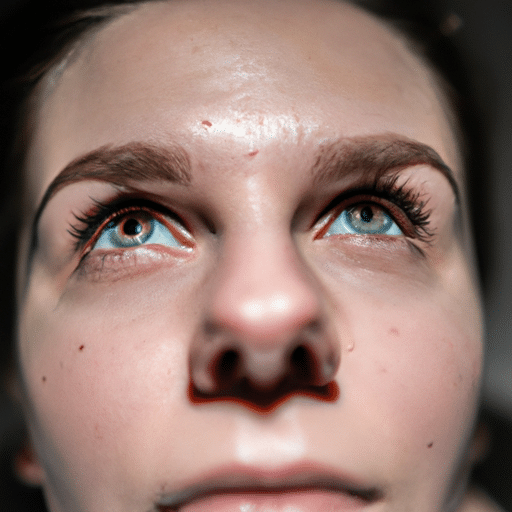Sensitive skin is a common issue that many people struggle with. It can be characterized by redness, dryness, itching, and even breakouts. However, with the right care and attention, you can nurture your sensitive skin and keep it healthy and glowing. Here are eight essential tips to help you soothe and care for your sensitive skin:
1. Understand Your Skin: The first step in nurturing sensitive skin is understanding it. Everyone’s skin is unique, and what works for one person may not work for another. Pay attention to how your skin reacts to different products and environments. This will help you identify triggers that cause irritation or flare-ups.
2. Choose the Right Products: When it comes to sensitive skin, less is more. Look for skincare products that are free from harsh chemicals, fragrances, and dyes. Opt for products labeled as hypoallergenic, non-comedogenic, or specifically designed for sensitive skin.
3. Moisturize Regularly: Keeping your skin hydrated is crucial for maintaining its health and preventing irritation. Use a gentle, fragrance-free moisturizer daily to lock in moisture and protect your skin’s natural barrier.
4. Protect Your Skin from the Sun: Sun exposure can cause significant damage to sensitive skin, leading to redness, dryness, and premature aging. Always wear a broad-spectrum sunscreen with an SPF of at least 30, even on cloudy days.
5. Stay Hydrated: Hydration isn’t just about what you put on your skin; it’s also about what you put in your body. Drinking plenty of water throughout the day can help keep your skin hydrated from the inside out.
6. Maintain a Healthy Diet: What you eat can significantly affect your skin’s health. Foods rich in antioxidants, like fruits and vegetables, can help protect your skin from damage. Also, try to limit your intake of spicy foods and alcohol, as these can often trigger sensitive skin.
7. Be Gentle: Sensitive skin requires a gentle touch. Avoid scrubbing your skin or using abrasive exfoliants. Instead, use your hands or a soft cloth to cleanse your skin gently. Also, remember to pat your skin dry rather than rubbing it.
8. Test Before Using: Before applying a new product to your entire face or body, do a patch test first. Apply a small amount of the product to a discreet area of your skin, like the inside of your wrist, and wait 24 hours. If you don’t experience any adverse reactions, it’s likely safe to use.
In conclusion, nurturing sensitive skin requires a bit more attention and care, but it’s not impossible. By understanding your skin, choosing the right products, and following a consistent skincare routine, you can keep your sensitive skin healthy and radiant. Remember, everyone’s skin is unique, so what works for one person may not work for another. Listen to your skin and adjust your routine as necessary. If you’re unsure about what products to use or if you’re experiencing severe skin issues, don’t hesitate to consult with a dermatologist. They can provide expert advice tailored to your specific skin needs.



